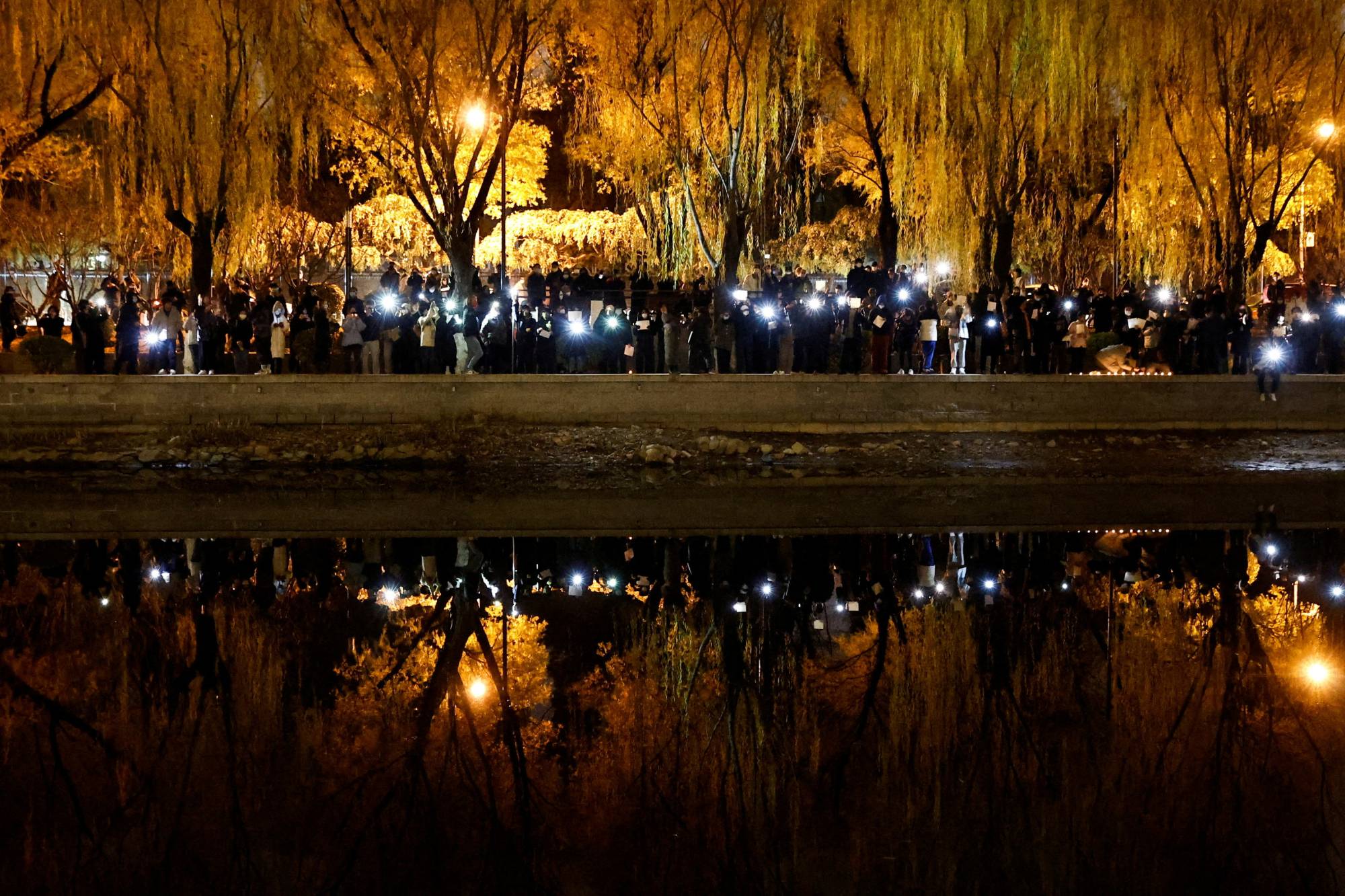The first weekend after COVID-19 restrictions ended last month, dozens of young Chinese jostled in the dark at a heavy metal concert in a tiny Shanghai music venue that reeked of sweat and hard liquor.
It was the kind of freedom young Chinese had demanded in late November in protests against the "zero-COVID" policy that became the biggest outpouring of public anger in mainland China since President Xi Jinping took power a decade ago.
After three years of lockdowns, testing, economic hardship and isolation, many of China's Generation Z — the 280 million born between 1995 and 2010 — had found a new political voice, repudiating their stereotypes as either nationalist keyboard warriors or apolitical loafers.

















With your current subscription plan you can comment on stories. However, before writing your first comment, please create a display name in the Profile section of your subscriber account page.